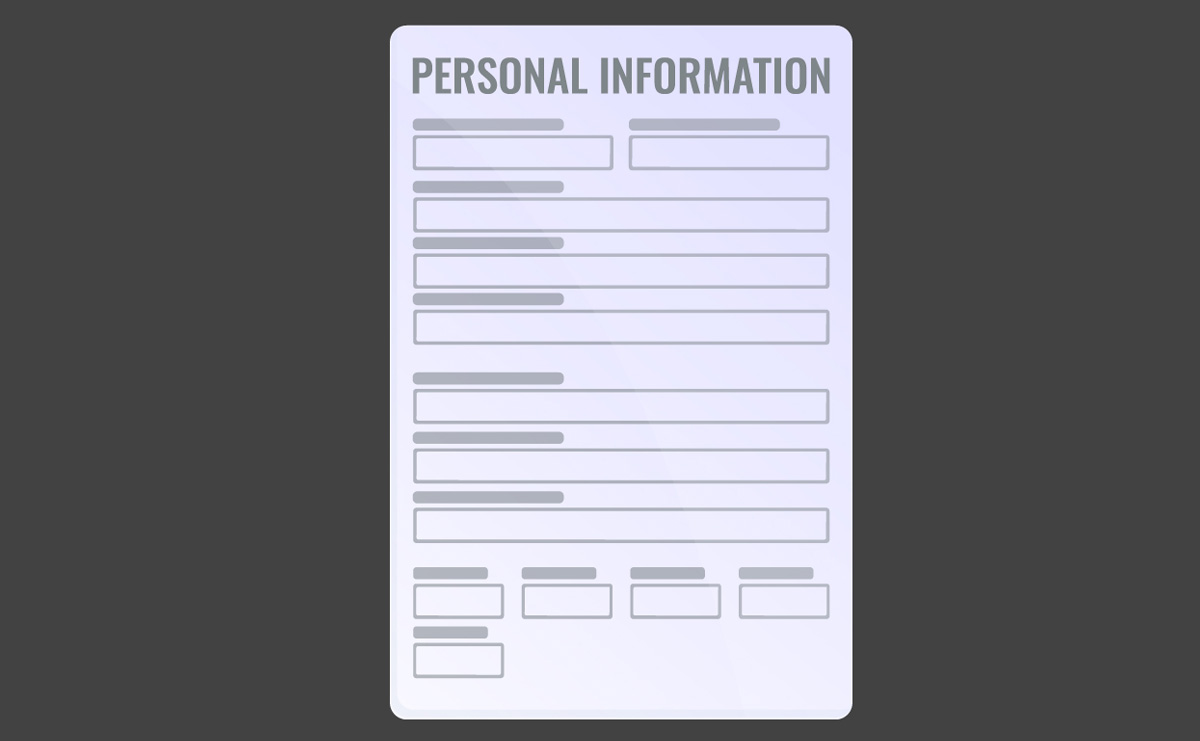Federal Rules of Civil Procedure
The Federal Rules of Civil Procedure (FRCP) are a set of rules governing civil procedure in the United States federal district courts. These rules were initially adopted in 1938 and have been amended multiple times since then. The FRCP is designed to provide a uniform and fair process for the resolution of civil cases in federal court.
The FRCP consists of several parts, each addressing different aspects of civil procedure. Some of the critical parts include:
- Part I – Scope of Rules; Form of Action: Describes the overall scope and purpose of the rules and outlines the various forms of actions that can be brought in federal court.
- Part II – Commencing an Action; Service of Process; Pleadings, Motions, and Orders: Covers the procedures for initiating a lawsuit, serving process, and the requirements for pleadings, motions, and court orders.
- Part III – Pleadings and Motions: Details the rules regarding complaints, answers, counterclaims, crossclaims, third-party practice, and various motions that parties may file during litigation.
- Part IV – Parties: Addresses issues related to parties in a lawsuit, including the joinder of parties, intervention, and class actions.
- Part V – Disclosures and Discovery: Governs the process of obtaining information from the opposing party through methods such as depositions, interrogatories, requests for documents, and requests for admission.
- Part VI – Trials: Covers the conduct of trials, including the presentation of evidence, witnesses, and jury trials.
- Part VII – Judgment: Describes the rules for motions for judgment on the pleadings, summary judgment, and other procedures leading to the entry of judgment.
- Part VIII – Provisional and Final Remedies: Addresses various remedies available to parties, including preliminary injunctions and provisional remedies.
- Part IX – Special Proceedings: Covers particular types of actions, such as interpleader, declaratory judgments, and habeas corpus.
- Part X – District Courts and Clerks: Contains provisions relating to the powers and duties of district courts and clerks.
These rules are subject to amendments, and there may have been changes or updates since my last knowledge update in January 2022. Legal practitioners and researchers should consult the latest version of the Federal Rules of Civil Procedure for the newest information.



